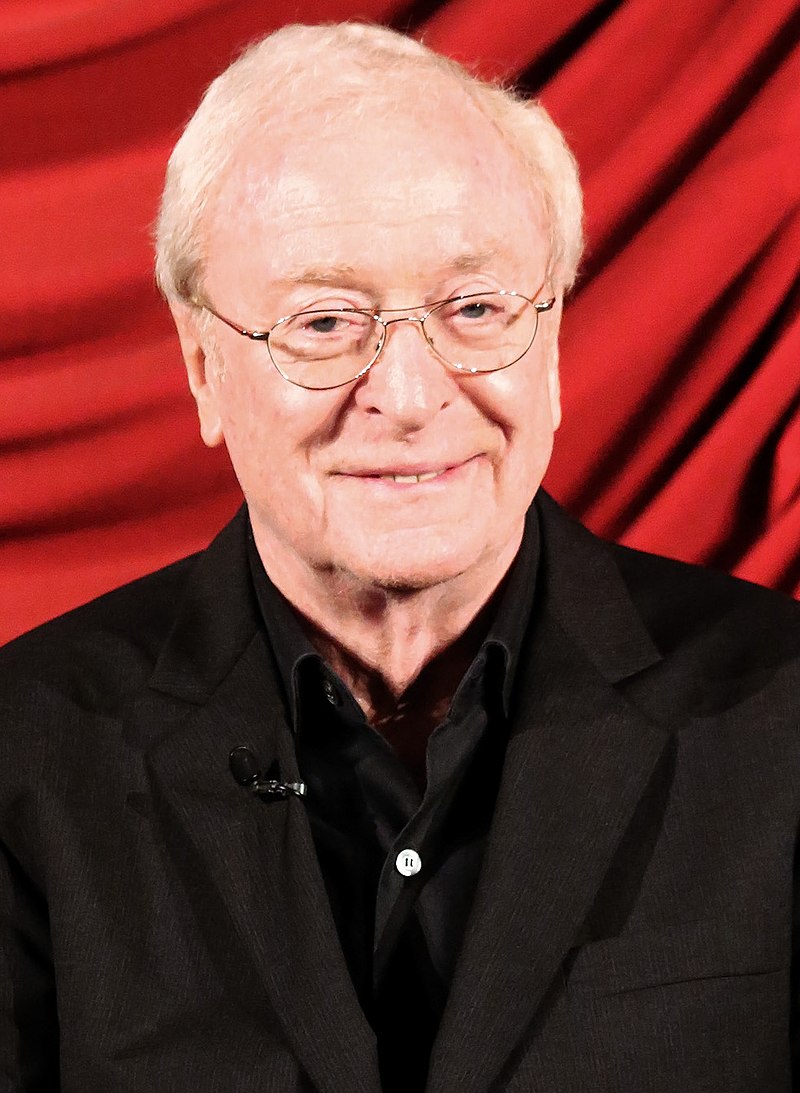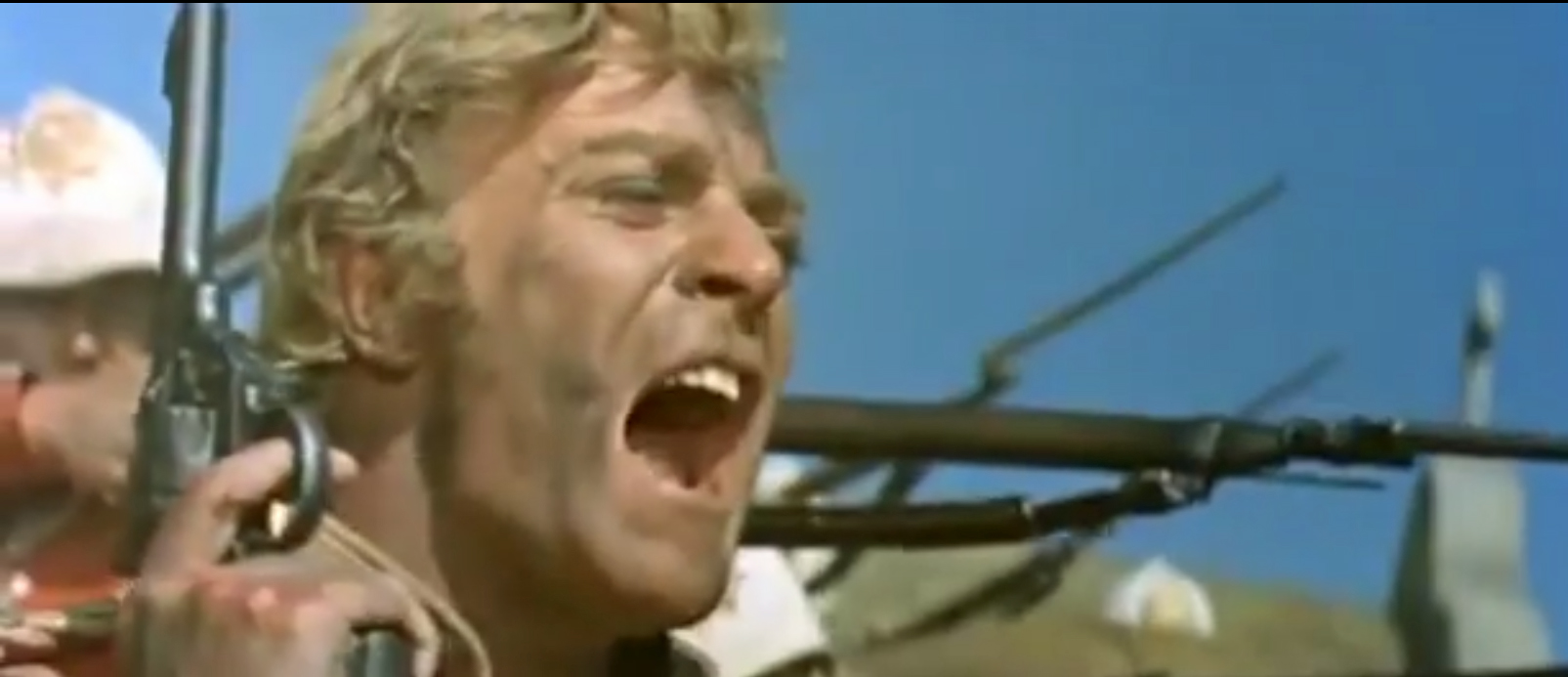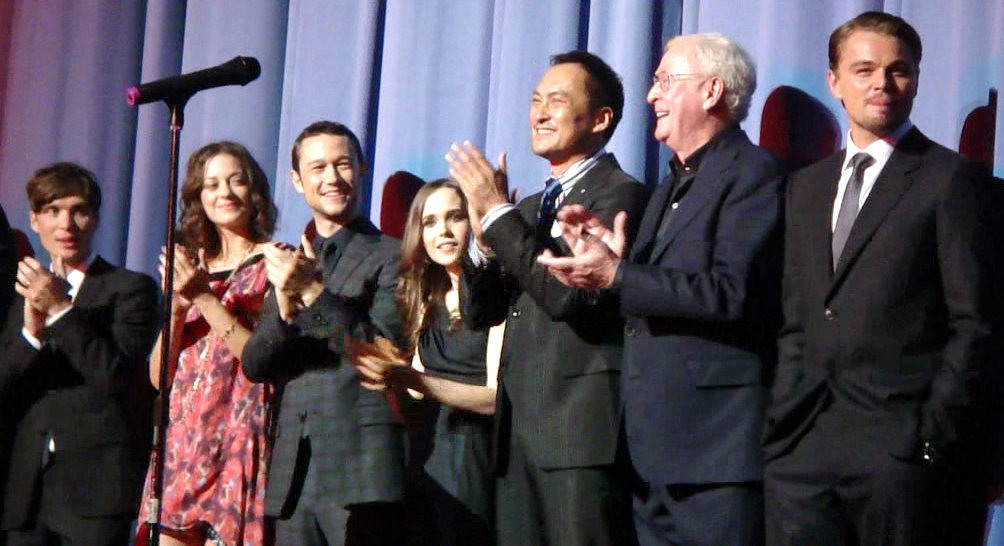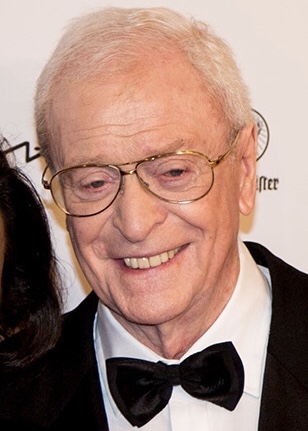Michael Caine
Michael Caine

Sir Michael Caine CBE, born Maurice Joseph Micklewhite on 14 March 1933, is a retired English actor renowned for his distinctive Cockney accent. Over a career spanning eight decades, he has appeared in more than 160 films, earning him the status of a British film icon. Caine has received numerous awards, including two Academy Awards, a BAFTA Award, three Golden Globe Awards, and a Screen Actors Guild Award. By 2017, the films in which he appeared had grossed over $7.8 billion worldwide. Notably, Caine is one of only five male actors to be nominated for an Academy Award for acting in five different decades. In 2000, he received a BAFTA Fellowship and was knighted by Queen Elizabeth II.
Caine rose to prominence in the 1960s with starring roles in British films like "Zulu" (1964), "The Ipcress File" (1965), "The Italian Job" (1969), and "Battle of Britain" (1969). His distinctive visual style, often sporting thick horn-rimmed glasses and sharp suits combined with a laconic vocal delivery, made him a style icon of the 1960s. He further solidified his stardom with roles in "Get Carter" (1971), "The Last Valley" (1971), "The Man Who Would Be King" (1975), "The Eagle Has Landed" (1976), and "A Bridge Too Far" (1977).
Caine won two Academy Awards for Best Supporting Actor for his roles in Woody Allen's "Hannah and Her Sisters" (1986) and Lasse Hallström's "The Cider House Rules" (1999). He has also been nominated for Oscars for his performances in "Alfie" (1966), "Sleuth" (1972), "Educating Rita" (1983), and "The Quiet American" (2002). His diverse range of roles includes performances in "California Suite" (1978), "Dressed to Kill" (1980), "Mona Lisa" (1986), "Little Voice" (1998), "Quills" (2000), "Children of Men" (2006), "Harry Brown" (2009), and "Youth" (2015).
In addition to his dramatic roles, Caine is known for his comedic performances in films like "Dirty Rotten Scoundrels" (1988), "Miss Congeniality" (2000), "Austin Powers in Goldmember" (2002), and "Secondhand Lions" (2003). He portrayed Alfred Pennyworth in Christopher Nolan's Batman trilogy (2005–2012) and appeared in several other Nolan films, including "The Prestige" (2006), "Inception" (2010), "Interstellar" (2014), "Dunkirk" (2017), and "Tenet" (2020).
In October 2023, Caine announced his retirement from acting, with his final film being "The Great Escaper," released in the same month.
Michael Caine, originally named Maurice Joseph Micklewhite, was born on March 14, 1933, at St Olave's Hospital in the Rotherhithe district of London. His parents were Ellen Frances Marie (née Burchell), a cook and charwoman, and Maurice Joseph Micklewhite, a fish market porter. Caine's father, of Anglo-Irish and Romani descent, was Catholic, while his mother was Protestant. He had a younger brother named Stanley and an older maternal half-brother named David Burchell.
During the Second World War, Caine was evacuated to North Runcton, Norfolk, where he made his acting debut at the village school. After the war, his family was rehoused in Marshall Gardens in London's Elephant and Castle area. They lived in a prefabricated house made in Canada, as much of London's housing had been destroyed during the Blitz.
Caine's interest in acting was sparked at the age of 10 when he performed in a school play as the father of the ugly sisters in "Cinderella." This experience, coupled with the audience's laughter when his trousers' zipper was undone, inspired him to pursue acting further. He passed his eleven-plus examination in 1944, earning a scholarship to Hackney Downs School. After a year there, he transferred to Wilson's School in Camberwell, where he obtained School Certificates in six subjects before leaving at age 16.
Following his schooling, Caine worked briefly as a filing clerk and messenger for a film company in Victoria and for film producer Jay Lewis on Wardour Street. These experiences laid the foundation for his eventual career in acting.
In 1952, Michael Caine was conscripted for his national service. From 1952 to 1954, he served in the British Army's Royal Fusiliers. Initially stationed at the British Army of the Rhine Headquarters in Iserlohn, West Germany, Caine later saw active service in the Korean War.
During his time in the military, Caine witnessed firsthand the tactics used by the Chinese military, including human wave tactics. This experience left him with a profound sense that the communist government did not value the lives of its citizens. Previously sympathetic to communist ideals, Caine's perspective shifted drastically as a result of his experiences during the war.
One particularly impactful moment for Caine was when he believed he was going to die, an experience that stayed with him and significantly influenced his character. Reflecting on this in his autobiography "The Elephant to Hollywood," Caine described how this event shaped his approach to life, causing him to live every moment intensely.
Caine has expressed his support for the reinstatement of national service in Britain as a means to address youth violence. He believes that national service could instill a sense of belonging and responsibility in young people, helping to steer them away from violence and towards a greater sense of purpose and community.
Michael Caine's journey in the entertainment industry began with uncredited roles, including a walk-on part in the film "Morning Departure" in 1950. A pivotal moment came when he responded to an advertisement in The Stage for an assistant stage manager with acting opportunities at the Horsham-based Westminster Repertory Company. Here, he adopted the stage name "Michael White" and performed roles like Hindley in "Wuthering Heights."
After relocating to Lowestoft Repertory Company in Suffolk, he met his first wife, Patricia Haines. Despite finding some success, Caine described the early years of his career as grueling and likened them to purgatory. During this time, he appeared in nine plays at the Arcadia Theatre with Jackson Stanley's Standard Players.
Upon moving to London in 1954, his agent informed him of another actor named Michael White, prompting Caine to choose a new name. Inspired by the film "The Caine Mutiny" showing at the Odeon Cinema in Leicester Square, he adopted the name "Michael Caine." He humorously reflected on the possibility of being named "Michael Mutiny" or "Michael One Hundred and One Dalmatians."
Caine's career progressed as he gained roles in television and theater. He became acquainted with actors like Terence Stamp and Peter O'Toole and eventually landed his first film role in "A Hill in Korea" in 1956. His television credits expanded, including roles in "Dixon of Dock Green" and "Escape."
Caine's breakthrough came with roles in plays like "The Compartment" and "Next Time I'll Sing To You." His performance in "Next Time I'll Sing To You" earned him recognition and was featured in Theatre World magazine. These early experiences laid the foundation for Caine's illustrious career in film and theater.
References
- "Michael Caine". Front Row Interviews. 29 September 2010. BBC Radio 4. Retrieved 18 January 2014.
- ^ McIntosh, Steven (13 October 2023). "Michael Caine confirms retirement from acting after The Great Escaper". BBC News. Retrieved 13 October 2023.
- ^ "Michael Caine's 'Best Sellers' Has Something to Say About the Death of Literacy, If You Can Manage to Stay Awake". Observer. 16 September 2021. Retrieved 20 August 2022.
- ^ O'Connor, Roisin (16 October 2021). "Michael Caine 'not retiring' despite saying Best Sellers was his 'last part'". The Independent. Archived from the original on 12 May 2022. Retrieved 13 November 2021.
- ^ Stephenson, Hannah (18 October 2018). "Sir Michael Caine – story of a British film icon". The Yorkshire Post. Retrieved 13 November 2021.
- ^ "Michael Caine – Box Office Data Movie Star". The-numbers.com. Retrieved 20 March 2014.
- a b "Classic film of the week: The Ipcress File (1965)". The Times. Retrieved 17 June 2022. Michael Caine is the epitome of Sixties cool in his first outing as the secret agent Harry Palmer. His cockney smarts, his horn-rimmed glasses











































